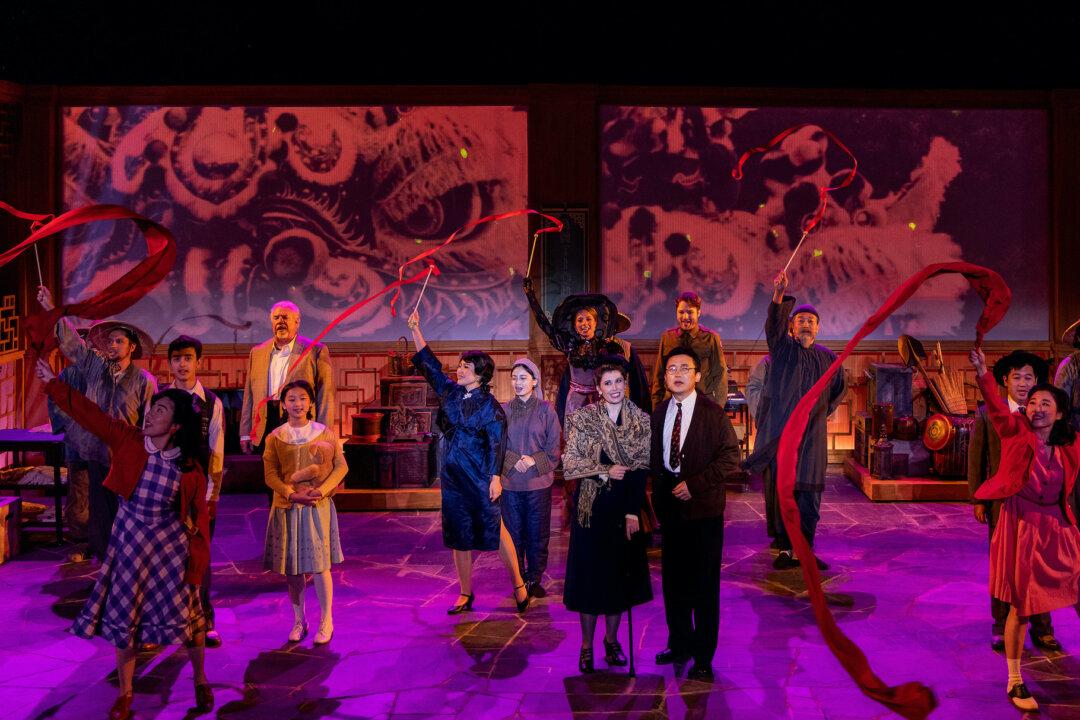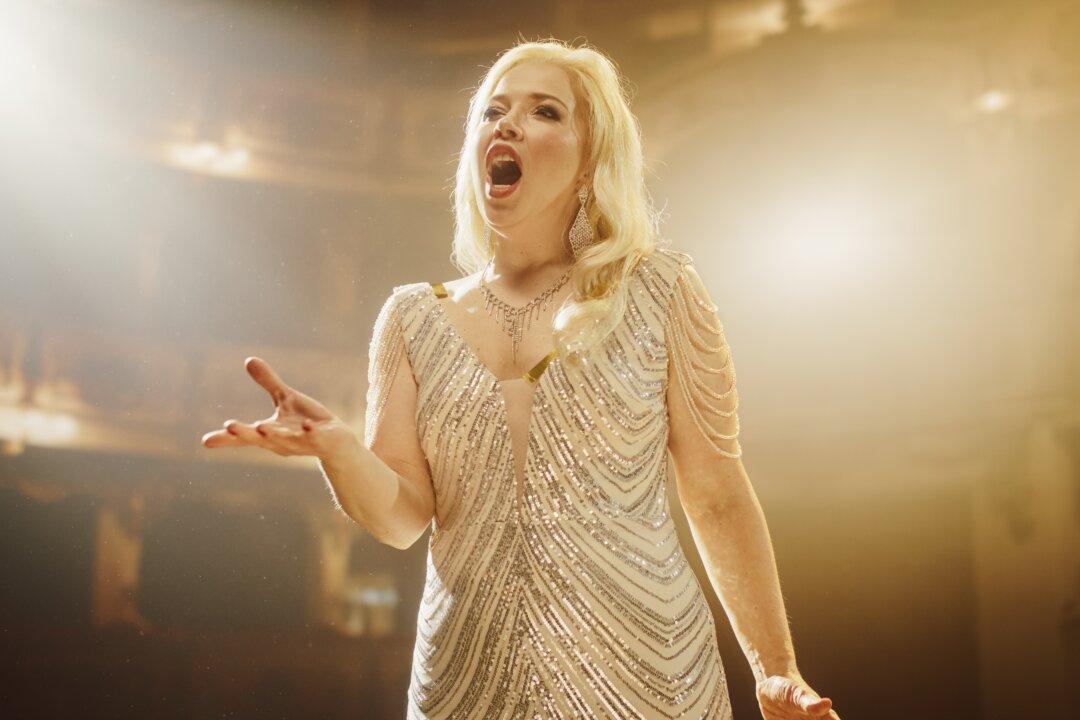Commentary
Opera is a very Western art form. Born in Italy in the 1500s, it would flourish in the royal courts and palatial theaters of Western Europe for the next few centuries. In the 20th century, some of the foremost opera companies in the world grew out of the United States, which continued European traditions with both foreign and domestic singers. Today, the love of classical singing has spread across the globe.





